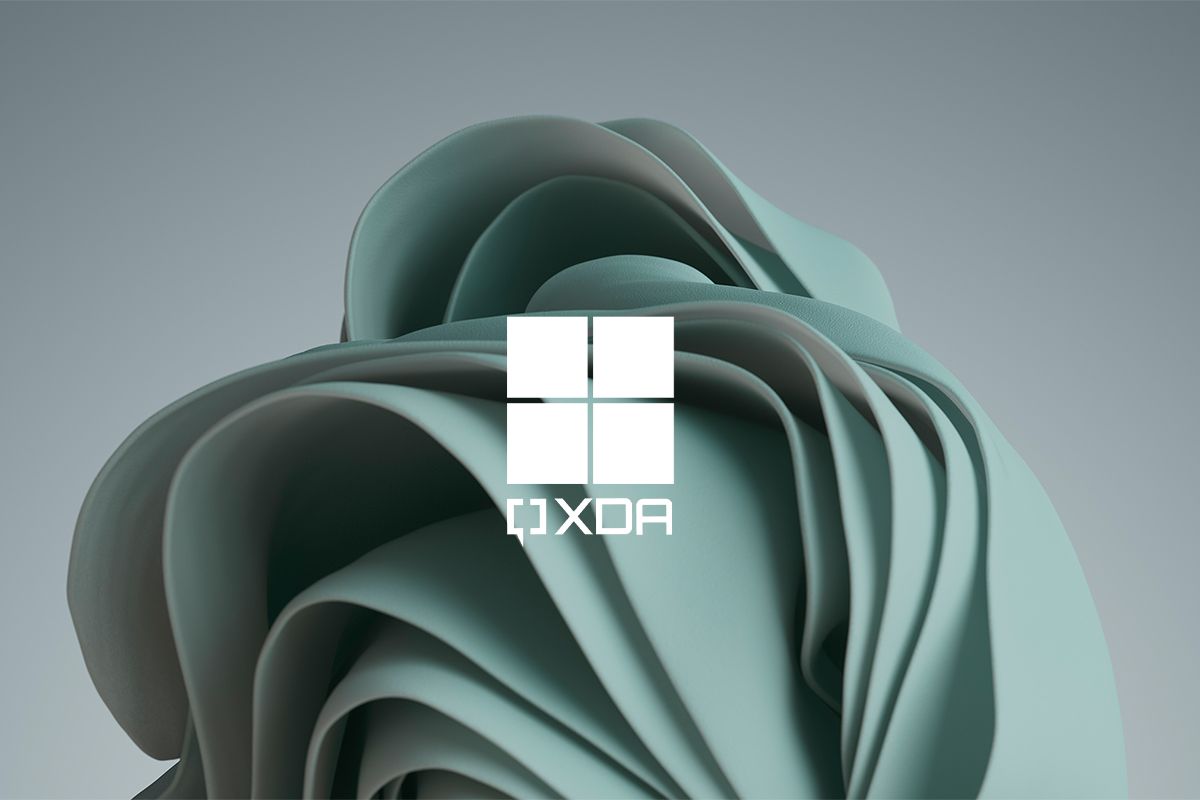Today in a blog post, Microsoft talked a lot about the past year in Windows, and what we're going to see moving forward. The firm said that Windows is now on 1.4 billion monthly active devices, although presumably, that number is limited to Windows 10 and Windows 11. It also said that it's moving quicker than expected with the staged Windows 11 rollout. The reason is, well, people just love it, no matter what you might have heard.
The company said that people are accepting the free upgrade offer at twice the rate as they did for Windows 10. Of course, that doesn't translate into more PCs upgrading, as Windows 11 is actually available to a much smaller subset of devices. It's still impressive though, since with Windows 10, Microsoft spent months installing adware on users' PCs with the intent of tricking them into saying they want Windows 10, well ahead of the rollout. The Windows 11 rollout has been much more subtle.
But that's not all. Microsoft says that Windows 11 has the highest customer satisfaction and the highest quality score of any version of Windows, ever. People are spending 40% more time on their PC with Windows 11, although that might also have something to do with the work from home boom that we've seen over the last couple of years.
The Redmond firm also said that Windows 11 brings three times more traffic to the Microsoft Store. This bit makes sense, since the store has now been opened up in meaningful ways, and anyone can put an app in the Microsoft Store now.
So, because people just love Windows 11 so much, Microsoft is now entering the final phase of the rollout, so it's well ahead of schedule. Originally, the company said that the staged rollout wouldn't be finished until mid-2022.
Windows 11 hasn't been without issues. There are still known issues, such as with compatibility with VirtualBox. The new OS was fairly rushed when it first shipped, being built in only about nine months. The plan for Windows 10 was originally that it was going to be the last version of Windows, so a major UI overhaul like this would have been a feature update for it. Instead, it became Windows 11, as that capitalizes on the work from home boom and the temporary resurgence of the PC market. Of course, most of the issues present at launch have been fixed.

